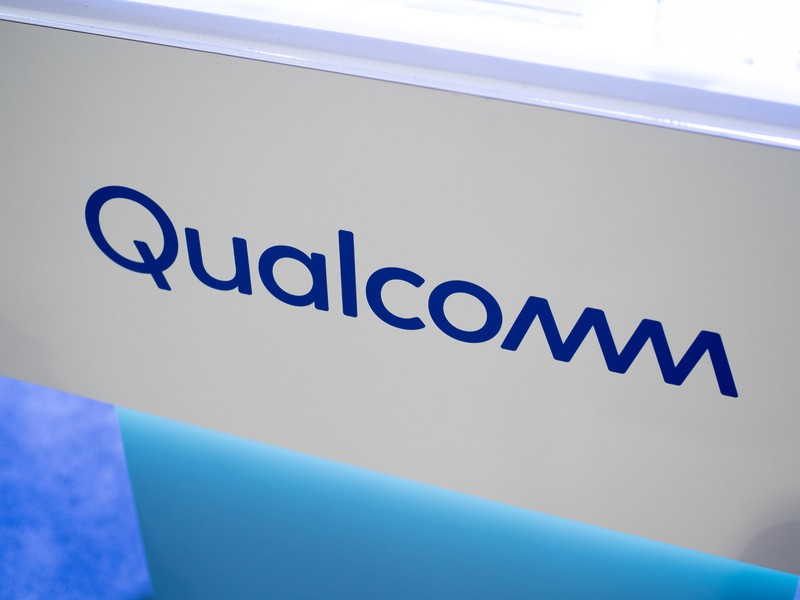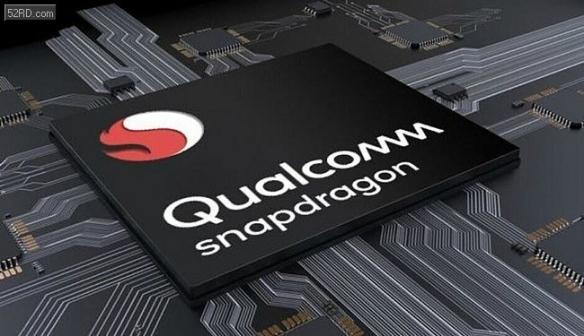Back in 2019, Qualcomm‘s policy of “no-license, no-chips” was deemed as anti competitive by a US judge. But now, the Ninth Circuit has overruled the verdict entirely, handing Qualcomm a huge win.

For those unaware, the FTC (Federal Trade Commission) had argued that the chipmaker was pushing out competitors within the field by adding a tax whenever OEMs bought chips from rival companies. This forced companies to pay royalties for Qualcomm’s standards-essential patents, even if they weren’t using the company’s products. In other words, it essentially made the products of the rival companies more expensive than the chip and patents bundle Qualcomm was offering.
Editor’s Pick: Huawei surpassed Apple in the Global smartphone market for the first time in 2019: Survey
The antitrust lawsuit faced by Qualcomm has had it face anti competitive charges in multiple countries. This includes $975 million to China, $854 million to South Korea and $1.2 billion to the European Union. The company had also settled a lawsuit by paying a fine of $774 million in Taiwan back in 2018. At the moment, it is still possible that Qualcomm can be charged for violating the concept of fair, reasonable, and non-discriminatory (FRAND) licensing terms.

These terms are in place to keep companies from unfairly exploiting patents and provide every company a fair chance. However, Judge Callahan has suggested that this matter is for a different court. Unless the matter reaches the Supreme Court, Qualcomm would basically be granted the green light for its alleged anti competitive practices. Furthermore, it might even be bolder from here on out. According to FTC’s Bureau of Competition, “The court’s ruling is disappointing and we will be considering our options.”
UP NEXT: Xiaomi Mi 10 Ultra vs Samsung Galaxy Note 20 Ultra vs Huawei P40 Pro+: Specs Comparison







